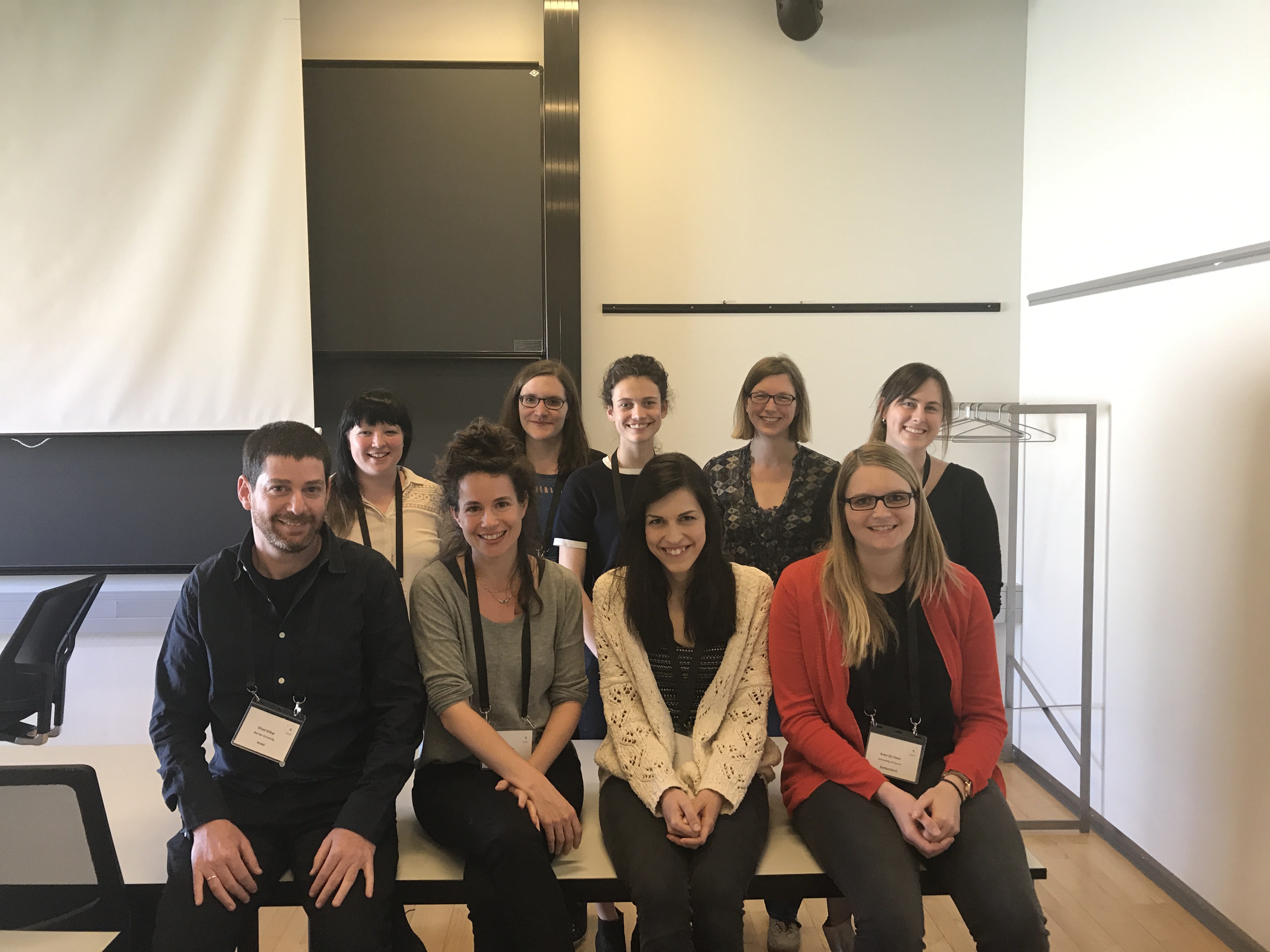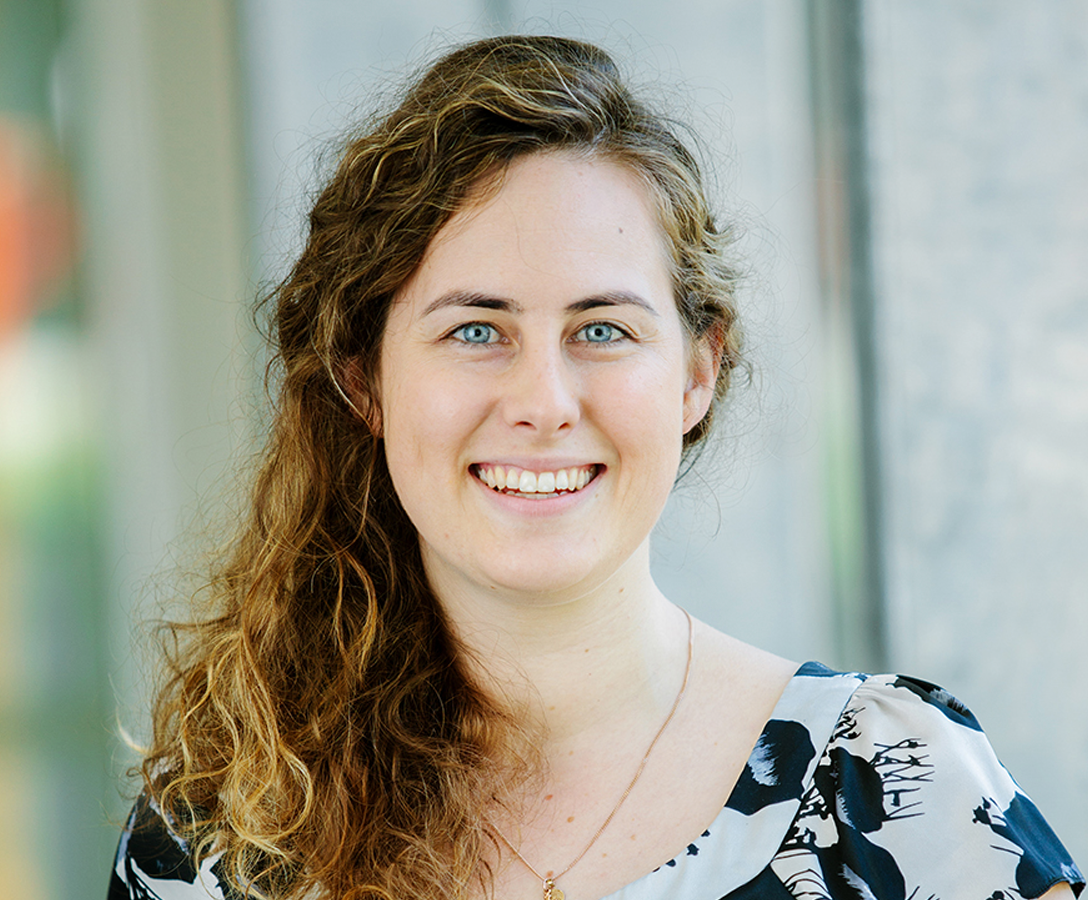A 35-odd hour journey found myself in a quaint Nordic town that boasts of the birthplace of Hans Christian Anderson. In this town, trauma specialists gathered from across the world to share knowledge and questions regarding the theme of Child Maltreatment at the 15th European Society of Traumatic Stress Studies Conference.
ESTSS began with a day of preconference workshops. I joined the Paper In A Day workshop, run by Dr Eva Alisic. As its namesake suggests, 7 other PhD students gathered to attempt to “write a paper in a day”! Truth be told, we didn’t finish it that day, but I am happy to report it was submitted to a journal last month. Beyond the paper itself, the students formed lasting friendships and professional relationships that day, and a got to experience our first international academic collaboration.
 Keeping with the historical location, the welcome keynote and reception entwined lessons from fairy tales, and honouring impressive contributors to the field.
Keeping with the historical location, the welcome keynote and reception entwined lessons from fairy tales, and honouring impressive contributors to the field.
Keynote speakers inspired us with their candour, and their summaries of a life’s work. For example, Grete Dyb shared some fantastic insights on how child trauma affects development, with the survivor cohort following the Oslo Terrorist Attack. Survivors showed declines in school achievement followed by a slight incline; 6x higher PTSS than a sample of the community who were not exposed (PTSS is decreasing in the survivors slowly), and finally PTSS was buffered by social support.

Maggie Schauer gave a great plenary on the epigenetic nature of trauma in parent-child relationships and the value of a life story. I was reminded that “Childhood trauma is not singular… it does not start or end in childhood, and it continues through the generations”.
Esther Deblinger gave a transparent and captivating tribute of her personal and professional journey to becoming an expert in child sexual trauma: “It is not what happens to you, it is how you respond to it that matters”. With the Can-Do Duck, we learnt resilience was made up of Love (relatedness), Laughter (stress-management) and Learning (mastery)… “I say I can, I make a plan, I get right to it, and I do it!”
And one from our part of the world, David Ferguson relayed the impressive Early Start intervention to reduce youth suicide in New Zealand.
The symposia and poster sessions were well represented, with a plethora of topics ranging from preclinical to clinical models, across relational, war, and medical trauma.
Throughout the course of the conference, I met friendly fellow students from England, Germany, Scotland, Israel, and others from Australia. As some of the future trauma leaders, I look forward to keeping and contact, and collaborating with these researchers!
I was privileged to attend and present at ESTSS. I learnt so much, and my studies are richer for it. Thank you to UQ School of Psychology, and to the UQ Child Health Research Centre Student Travel Fellowship, for supporting my attendance.
Erin Brown is undertaking her PhD at the University of Queensland, investigating the role of parent psychological distress on child distress during paediatric burn dressing changes, and during recovery. She is the current ASTSS Student Representative.


